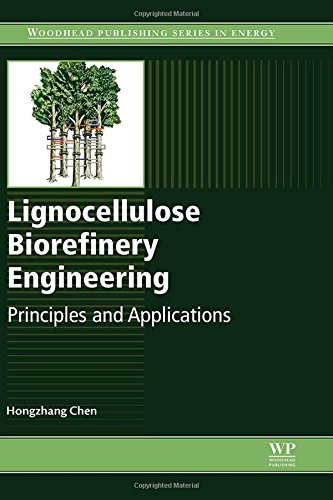

Most ebook files are in PDF format, so you can easily read them using various software such as Foxit Reader or directly on the Google Chrome browser.
Some ebook files are released by publishers in other formats such as .awz, .mobi, .epub, .fb2, etc. You may need to install specific software to read these formats on mobile/PC, such as Calibre.
Please read the tutorial at this link: https://ebookbell.com/faq
We offer FREE conversion to the popular formats you request; however, this may take some time. Therefore, right after payment, please email us, and we will try to provide the service as quickly as possible.
For some exceptional file formats or broken links (if any), please refrain from opening any disputes. Instead, email us first, and we will try to assist within a maximum of 6 hours.
EbookBell Team

4.0
36 reviewsBiomass resources and their refining are key research topics internationally as alternatives to fossil fuel resources and oil refining. This book explores the heterogeneous nature of lignocellulosic biomass, which restricts its use as a raw material, and describes the theoretical basis of the lignocellulose refinery. It puts forward the theory of the integrated biomass refinery system, which produces multiple products, including biofuels, biomaterials, biochemicals, food and feed based on careful fractionation of the raw material. Chapter 1 introduces the significance and development of lignocellulose biorefining. Chapter 2 gives the theoretical basis of lignocellulose biorefinery engineering. Chapters 3 to 6 describe in detail biomass refinery engineering from the perspectives of feedstocks, conversions, products and processes respectively. Models of integrated industrial biomass refinery chains are presented in Chapter 7. Finally, Chapter 8 considers future trends in lignocellulose biorefining.